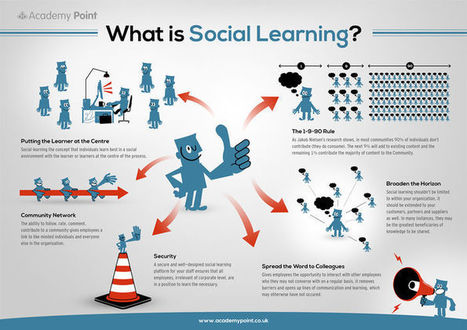As robots take over more and more “dirty, dull, and dangerous” jobs from humans and automation assumes the knowledge work once done by people, the vocations that require complex, creative thinking will remain the domain of the living.
This point was driven home in a recent World Economic Forum (WEF) report, which forecasts expected advances in automation, artificial intelligence, and other areas that constitute Industry 4.0. The changes, already unfolding, could — and likely will — be profound, and include shifts in even the most essential job skills.
The report compares the top skills needed in 2015 and those predicted to be critical in 2020 (which is just a few heartbeats away). Quality control and active listening drop from this list — perhaps new technology will take care of these. Emotional intelligence and cognitive flexibility take their place. What I found most interesting is that creativity rockets from the number 10 spot all the way up to number three.
Learn more / En savoir plus / Mehr erfahren:
https://www.scoop.it/t/21st-century-learning-and-teaching/?&tag=Creativity
Via Gust MEES



 Your new post is loading...
Your new post is loading...












As robots take over more and more “dirty, dull, and dangerous” jobs from humans and automation assumes the knowledge work once done by people, the vocations that require complex, creative thinking will remain the domain of the living.
This point was driven home in a recent World Economic Forum (WEF) report, which forecasts expected advances in automation, artificial intelligence, and other areas that constitute Industry 4.0. The changes, already unfolding, could — and likely will — be profound, and include shifts in even the most essential job skills.
The report compares the top skills needed in 2015 and those predicted to be critical in 2020 (which is just a few heartbeats away). Quality control and active listening drop from this list — perhaps new technology will take care of these. Emotional intelligence and cognitive flexibility take their place. What I found most interesting is that creativity rockets from the number 10 spot all the way up to number three.
Learn more / En savoir plus / Mehr erfahren:
https://www.scoop.it/t/21st-century-learning-and-teaching/?&tag=Creativity